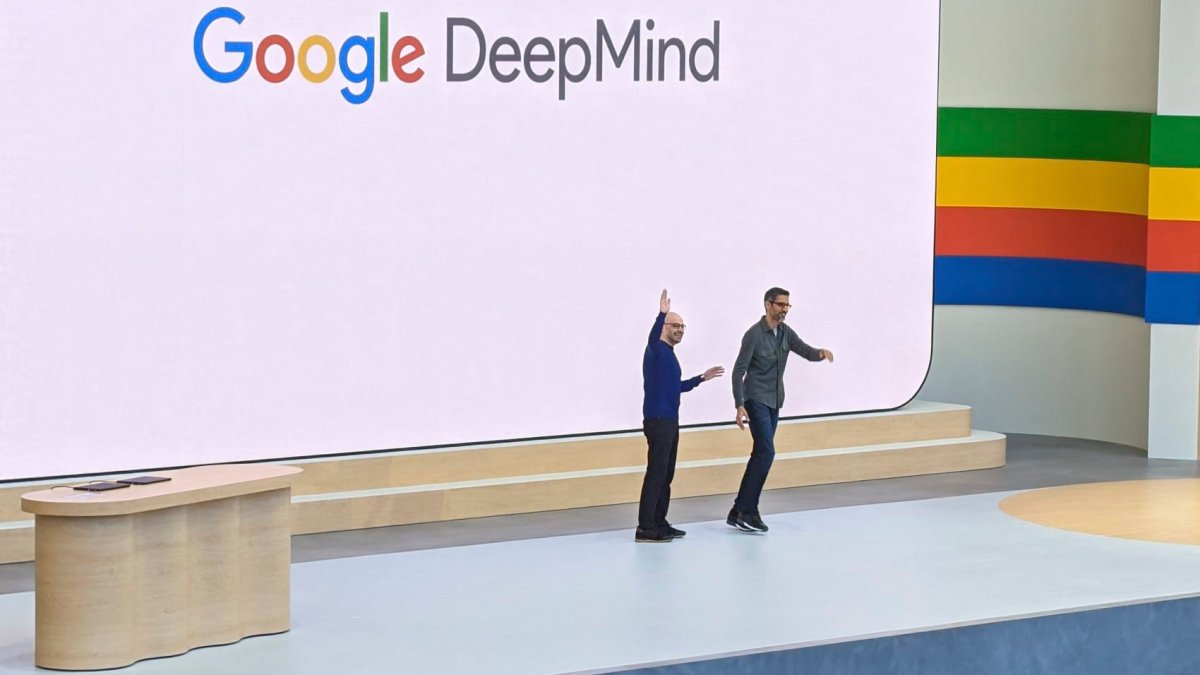DeepMind Announces Plans to Utilize AI Models for Physical Robots

Google DeepMind Unveils New AI Models for Robotics
Introduction to Gemini 2.0
On a recent Wednesday, Google DeepMind introduced two advanced AI models aimed at enhancing robotics capabilities, both powered by their latest technology known as Gemini 2.0. These models—Gemini Robotics and Gemini Robotics-ER (Extended Reasoning)—represent Google’s endeavor to integrate AI into physical tasks, marking a significant leap in the field of robotics.
Partnership with Apptronik
As part of this initiative, Google has announced a collaboration with Apptronik, a Texas-based robotics development company. The goal of this partnership is to create the next generation of humanoid robots utilizing Gemini 2.0 technology. Apptronik is known for its work with major organizations such as Nvidia and NASA, and they recently secured a substantial investment round of $350 million, which included participation from Google.
Demonstration of Capabilities
In promotional videos, Google showcased Apptronik robots performing various tasks using the new AI models. The demonstrations displayed robots successfully plugging items into power strips, packing a lunchbox, manipulating plastic vegetables, and zipping up bags—all executed in response to spoken commands. However, Google has not yet revealed a specific timeline for when these robotic applications will be available to the public.
Essential Qualities for Robot AI Models
According to Google’s blog post, effective AI models for robotics must possess three primary qualities:
- General Adaptability: Robots need to adapt to various environments and situations.
- Interactive Response: They should understand commands and respond swiftly to changes around them.
- Dexterity: The ability to perform tasks similar to those done by human hands and fingers, such as careful manipulation of objects, is crucial.
Gemini Robotics-ER: A Tool for Developers
Gemini Robotics-ER is tailored specifically for robotic developers to use as a foundational tool for training their own AI models. This model will be accessible not only to Apptronik but also to selected "trusted testers" in the robotics industry, like Agile Robots, Agility Robotics, Boston Dynamics, and Enchanted Tools.
The Broader Robotics Landscape
Google is not the only company venturing into the robotics space with AI technology. OpenAI has made strides by investing in startups like Physical Intelligence, which focuses on integrating general-purpose AI into robotics. This shift signifies a growing trend among tech companies to explore the intersection of AI and robotics.
Additionally, Tesla has made its own moves within the humanoid robotics sector, particularly with its Optimus robot project, which aims to revolutionize personal and industrial robotics.
Google’s Vision for Robotics and AI
Sundar Pichai, the CEO of Google, expressed that the company views robotics as a valuable avenue for testing and applying AI advancements in real-world settings. According to Pichai, the multi-modal AI models feature the capability to adapt and make adjustments in real-time based on the robots’ surroundings.
By harnessing the power of Gemini 2.0 and collaborating with innovators like Apptronik, Google is positioned to lead the way in the development of intelligent robots capable of performing complex tasks in unpredictable environments. This evolution in AI-driven robotics not only showcases technological advancements but also opens new doors for practical applications in daily life and various industries.






